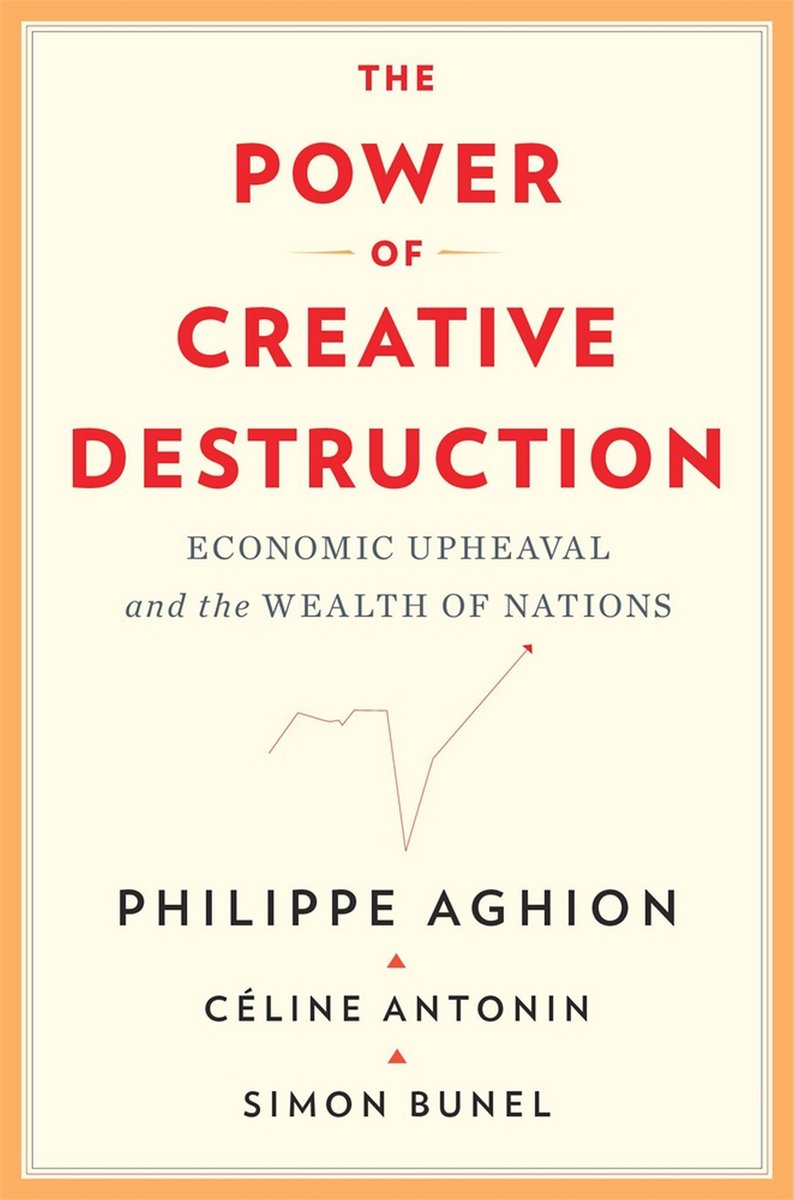Episode 79: Philippe Aghion
The Power of Creative Destruction: Economic Upheaval and the Wealth of Nations
While many on the left are calling for radical change and the fall of capitalism, Philippe Aghion says the answer is to create better capitalism by understanding and to harness the power of creative destruction.
That's the focus of his latest book, The Power Of Creative Destruction: Economic Upheaval And The Wealth Of Nations.
Philippe is a French economist who is a Professor at College de France, INSEAD, and the London School of Economics.
Listen as we dive into the theories behind The Power of Creative Destruction, different types of competition, legacy firms vs. small innovative firms, and the case of Korea in the 90s.
Episode Quotes:
2 ways competition effects innovation:
“More competition will make us innovate so that I can do better than you. That's the thought whereby competition spurs innovation. On the other hand, there is a discouraging effect of competition. If I am behind you and there is more competition, I have less incentive to catch up. You see, you have these two effects and that's why the relationship between competition and innovation in the aggregate, is that kind of interrupted your relationship.”
COVID and creative destruction in France:
“COVID made it clear for example, to countries like France, that much more of what we need to put in place an innovation ecosystem from basic research, all the way to industrialization, to regain control of a huge change in various sectors, where we lost this control. And it will happen a lot through creative destruction, through new firms coming in and replacing old activities.
Not because you will bring back old firms that have plants in China back to France. That's not the way it will happen. It will happen very much through creative destruction.”
In frontier economics - even the unskilled labor gets paid more than in places where you have less sophisticated technology:
“They [innovative firms] in fact provide more what we call “good jobs.” You have two kinds of skills. You have the hard skills that you learn at school. But you have what we call the sub skills which are, the ability to interact with other employees of the firm or the, how you get the synergies that you have with the other assets of the firm.
And those are what we call subsidiary liability. Your ability to interact, and to understand how to play as a team player. All those things are not things you learn at school. They are things that we call sub skills. Some of them you have them, or you don't have them. Some of them you acquire through training.”
Show Links:
Guest's Profile:
Faculty Profile at the London School of Economics
Faculty Profile at Paris School of Economics
Professional Profile at Harvard University
His Work:







